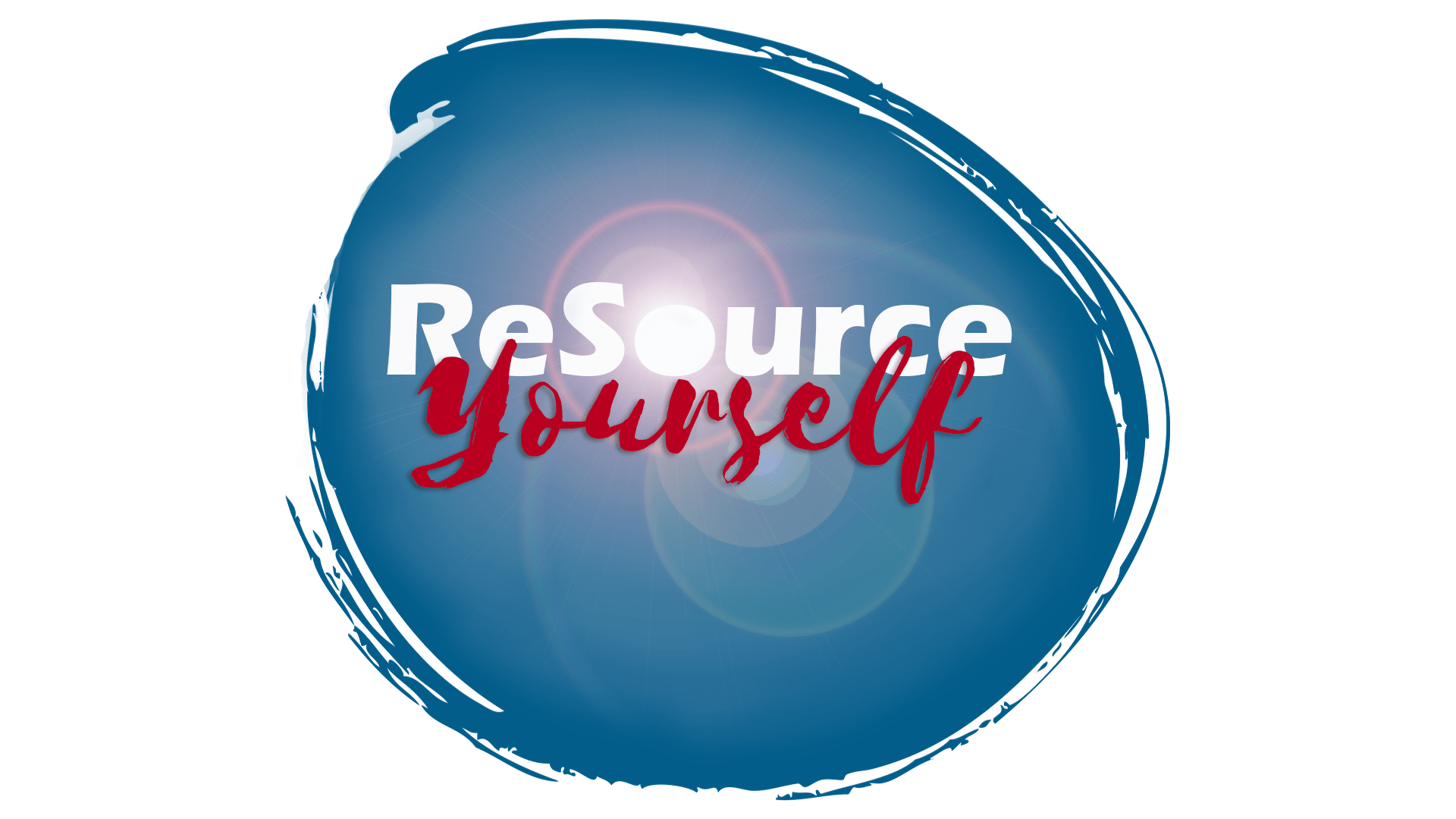OR HOW YOU CAN PRACTICE LETTING GO, LITTLE BY LITTLE
People say all the time: Just let it go. Don’t give it so much importance. Don’t worry about it so much. It’s not worth it. You can’t do anything about it anyways…
I bet you’ve heard some of these statements. And usually, that’s exactly what we would need to do. But it’s not that easy.
How can we practice letting go? How can we learn it?
There are 5 skills you can develop that will help you to let go of negative emotions, and thereby, calm your mind and stop obsessing about whatever keeps you up at night, or stressed out during the day.
For the sake of explaining it more clearly, let’s say you are angry at your neighbor for playing loud music.
Skill #1: Stop Identifying With the Story
When we are emotional about something, we tend to hold a story in mind. It’s a mental, never ceasing stream of thoughts about what happened, why, what it means, and how to possibly change it. When we’re angry at our neighbor, we tend to say to our friends and family members, “imagine what happened… this guy is really disrespectful… at that time of day… how can he even do that… doesn’t he have to work? … someone who celebrates parties all the time… no wonder he doesn’t get a job…maybe I should have said something in a different way… but he really doesn’t care…” I will stop here because you surely know what I’m talking about.
These kinds of thoughts are your story about what is going on. You have no idea if they are right. And the only reason they keep coming up is the fact that you are feeling a strong emotion (or several) about the situation. We somehow think that if we express these thoughts, the emotion might cool down or we might find a solution. But that doesn’t happen. We are just pouring oil into the fire, and reliving the anger.
The solution is simple, albeit demanding some willpower: Stop! Stop engaging with the story! Stop telling and retelling it. Stop believing your own thoughts! Notice when you are “in the story”. And recognize, that the story is arbitrary, and that you might not know the whole picture. If your emotions change, you can perceive different aspects – and then the story changes anyways. So why not recognize that it has little value. After all, it is not about being right or proving your point, but about calming down and feeling better.
Skill #2: Directing Your Awareness
The second skill is complementary – because it is not so easy to just stop certain thoughts. It is much easier to fill your mind with something else, and to direct your awareness towards something, rather than away from something. We all know that. (If I say, don’t think about a pink elephant – guess, what happens?).
If you learn to direct your awareness, you can shift your point of engagement, and you can get out of repetitive patterns and programs. But we don’t just want you to avoid the issue of your neighbor – because if you only distract yourself, the anger at this person will stay in your system, and come up again at the next occasion.
The best place to direct your awareness is towards you, here and now. How are you doing right now? This frequently means that you direct it towards your body. How do you feel now? How is your breathing? How do you notice your body now, when you think of your neighbor?
Shifting your awareness towards here, now, and your body is frequently a very powerful step – as it already helps to calm down and ease the emotional sensation. Interesting isn’t it? It doesn’t even need an intention, or a goal, or an understanding! Just your awareness of your body will calm you down. (Try, and let me know).
Skill #3: Learn to Feel Your Body
In order to be more effective at letting go, you have to learn how to feel your body. Some of us are very visual, or very auditive – we primarily engage with the other senses.
Just think that every minute, we receive an unending amount of information in all our senses. And we consciously only process a very small part of this information. That means that all of us have the sensual information about feelings in our body – but only some of us use it or give it the adequate importance. We sometimes actively try not to focus on how our body is doing. So if you want to get better at letting go, you have to be aware of such limitations, and remove them. You have to want to perceive your body and the sensations and information it provides to you.
There is a biiiiig advantage in becoming more aware of our kinesthetic information, the way things feel. Because feelings ONLY exist in your experience right here and now. They can be triggered by a memory from the past or a thought about the future. But what you feel doesn’t take you away towards the past or the future, you can feel it ONLY now. And there is a power in the NOW that only few of us know and use habitually. (There’s a book by Eckhart Tolle called “The Power of Now”, if you are interested)
Skill #4: Notice Your Emotions in Their Physical Focus
Once you get more used to perceiving your body, it will be easier to do. Eventually, it will become effortless. Your body will provide you with valuable information that can guide your actions and help you reach a peaceful, positive inner state. You can get there, over and over again – whenever it is necessary.
The fourth skill is recognizing your emotions in your body. First you observe: How do the sensations in my body relate to emotions? Or, the other way around: How does anger generally feel in my body? Maybe you figure out that you tend to sense anger in a tightening of your jaw, or a feeling or wanting to make a fist, or a tightening in you stomach. Or maybe you learn that sadness generally shows up as heaviness, a tension in your forehead, or pressure in your eyes… and so on. Every time you get emotional, you can observe what emotion you are experiencing and how this translates into your body. Eventually, you will easily recognize your emotions – and that is a big clue to the energies underlying the situation (see skill #5).
When it comes to your neighbor, you might discover, that anger is only the first layer of emotions you are experiencing. (Because anger often serves as a shield for the really painful emotions we are trying not to feel.) Maybe your body-intelligence then leads you to recognize that there is a guilt-energy manifesting in your body. (Guilt has to do with patterns of rejection, not being good enough, failure, criticism, blame, or self-blame). If you recognize guilt in your body, you can then understand that the real problem is that you feel rejected and disrespected by the neighbor (and surely in other situations, too). Maybe this neighbor brings out a feeling of not being seen and not given value by others – which goes back to you not feeling valuable.
Can you see that all of a sudden, we can perceive and understand things on a much deeper level?
Skill #5: Recognizing the Context, Rather Than the Content
Everything that happened with your neighbor, the thoughts you are having, what someone is saying, the actions anyone takes – this is the CONTENT of your experience (as described by Dr. David Hawkins). The CONTEXT on the other hand is the energetic field of emotions and information that underlies this experience. The context is why someone acts a certain way. It relates to the intention of doing or thinking something. It is, in a more energetic sense, the energy field from which certain thoughts, actions or emotions arise.
Our normal focus is on the content. We try to change the experience by behaving in a different way – and then wonder, why the result always stays the same. Nothing changes, because the context has not changed. And by acting from a certain context, we only magnify its energy and emotions. If you blame your neighbor (context: GUILT), he is going to defend himself and blame you (same context).
Our emotions, and the sense of them in our body are the closest we can get to perceiving the context. They give us clues to why something is happening and allow us to interpret the meaning of an action.
Why is this so important? Because you can change the context. And when you do, the rules of the game change. The situation changes and becomes more positive, and with more possible solutions and resources.
Maybe you are so angry at your neighbor (context: anger), because he makes you feel small and disrespected (context of guilt), and then you go and complain and demand a change (context: guilt and blame). Chances are, his reaction will also come from a context of guilt (he will defend himself and criticize you). But what if you recognize that you are in a context of guilt with this neighbor, and remember that the context influences what you can think and perceive. Then you have the chance of looking at YOUR RESPONSIBILITY for this context or how YOU are linked to these emotions. (Context: this is an act of courage, being honest with oneself and taking one’s responsibility). If you manage to release this feeling of being offended and not respected, the energy might shift and the context gets more positive. Maybe you remember having played loud music as a young person, or you consider the possibility that your neighbor is blissfully unaware of how much this disturbs you. Can you see how this is a context free of negative judgment, that you brought about? When you then approach your neighbor, the chances to have a civil and understanding conversation are MUCH higher.
A Concrete Tool to Change your Emotions and “Shift the Context”
Taking responsibility is a tool you can use to help you let go, and shift your emotions. The act of taking responsibility is an action of courage. Courage is the first positive energy level – and thereby more powerful than ANY negative emotion you can have.
It is simple. All you do is say to yourself: I take my responsibility for feeling … (e.g. rejected and disrespected). And you focus on feeling it in your body, focusing on how you are responsible of feeling this. You let go of blaming your neighbor for making you feel this way. Nobody can make you feel anything if you don’t allow it or don’t carry this emotion inside. If you don’t engage. If you don’t buy into the sensation, if you don’t resist it.
You will notice that the physical sensations get weaker. And you will be able to completely let go of this emotion. You will know that you did because your body returns to a normal, calmer, balanced state.
I know, this sounds almost too easy to be true. But it works. Please let me know how you are getting on, and feel free to ask questions!
PS: And if you rather watch me explain this, here is a video I recorded for you on Youtube!


